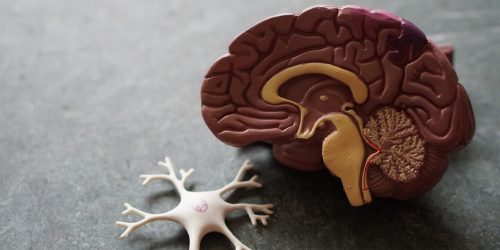Teenage Brains
Did you know that teenagers literally lose half of their minds?
Published at 01.05.2022
Teenage Transformation
There are important biological reasons for the teenage years. Our bodies and brains have to undergo important transformations right up to the age of 25. These biological processes are the reason for the changes in how we feel, think and experience life. Jill Bolte Taylor discusses the full process in her TEDxYouth video below, but one example is that during puberty, 50% of the synaptic connections are pruned back. This means we literally lose half of our mind during the teenage years! In terms of the development of the teenager brain, the pre-frontal cortex is the last part to align. This is responsible for impulse control and understanding consequences, as well as appropriateness of behaviour. This is one reason many teenagers explore risk-taking behaviours in their youth.
Risk-taking Behaviours
There have been lots of studies specifically exploring how risk-taking changes teenagers’ brains. One example is Kashfia Rahman’s study (below), which she designed when she was a teenager. She carried out her experiments on her fellow classmates (now might be a good time to remember the importance of ethics!). Kashfia wanted to know whether their response to risk would change after constant exposure to videos of alcohol use, drug use and gambling, like ones they would see in the real world. She was curious about habituation: “a decrease in responsiveness upon repeated exposure to a stimulus” (definition from Merriam-Webster).
She asked her classmates to wear an ECG headset, which is a machine that monitored their emotional response to the videos, and then asked them to fill out decision-making simulator. At first teenagers had high emotional responses to these videos, such as fear, guilt and nervousness. This meant they continued to manage their behaviour via self-control. However, when the teenagers were repeatedly exposed to the simulator, they became less fearful, guilty and stressed. This meant they didn’t feel the brain’s natural fear and caution instincts. They actually became more interested in thrill-seeking behaviours, so this meant that habituation was physically changing a teen’s brain and causing greater risk-taking behaviour.
Teenage brains are amazing things!
Photo of a slice through a model brain by Robina Weermeijer on Unsplash


